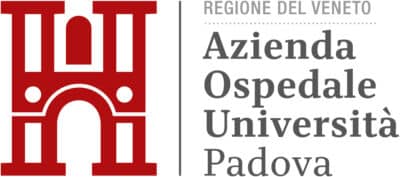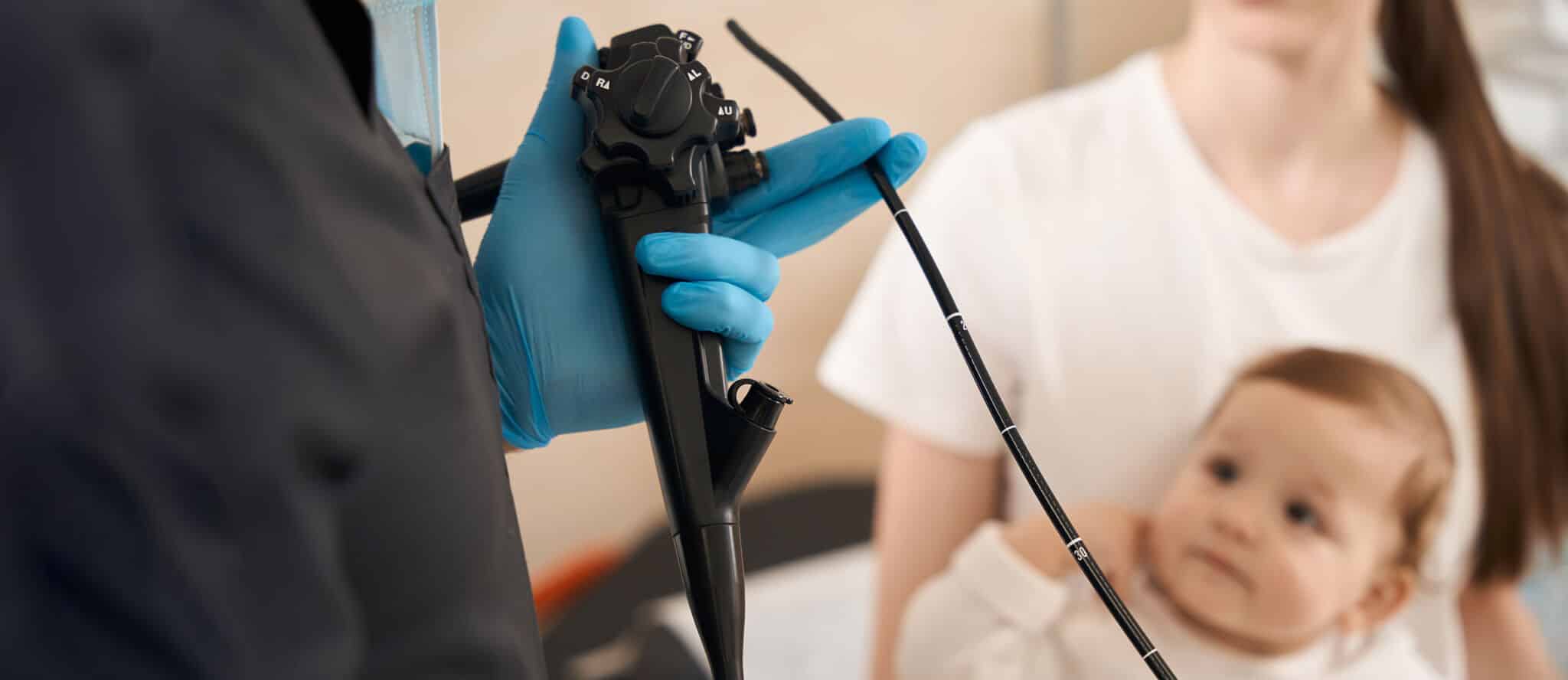

The Second-level short specialisation degree in Endoscopy of Airways and the Digestive Tract in Newborns and Children provides training in the organisational, technical, practical, and theoretical aspects of performing endoscopies of airways and the digestive tract in the neonatal and paediatric fields.
It is intended to provide the specific skills for planning and performing endoscopies safely as per the most up-to-date guidelines and recommendations from scientific organisations, taking into account the unique characteristics of newborn and paediatric patients.
The Second-level short specialisation degree provides a professional approach in all areas in the field of paediatric endoscopy along with adequate skills to solve clinical problems, and come up with solutions and supporting arguments.
The Second-level short specialisation degree in Endoscopy of Airways and the Digestive Tract in Newborns and Children allows students to learn about all of the techniques currently used in the practice of digestive and airway endoscopy in the neonatal and paediatric fields.
The Second-level short specialisation degree also provides participants with the ability to collect and interpret data in the field of paediatric endoscopy, which can be useful for making independent judgements.
The Second-level short specialisation degree in Endoscopy of Airways and the Digestive Tract in Newborns and Children is meant for doctors in the surgical, gastroenterological, otorhinolaryngological, and pneumological fields who would like to begin performing endoscopies (or increase the number performed) on paediatric and neonatal patients.
The course allows the physician to go from having basic, theoretical knowledge to a more hands-on approach to the most important and frequently used procedures.
The Second-level short specialisation degree in Endoscopy of Airways and the Digestive Tract in Newborns and Children will focus on training in three major areas:
AREA 1 – Digestive Tract Endoscopy
- UPPER GI endoscopy techniques
- LOWER GI1 endoscopy techniques
- Medical indications for digestive endoscopy
- Oesophageal atresia and congenital stenosis of the oesophagus and other diagnostic and operative surgical indications
- Achalasia and dysmotility of the proximal digestive tract from newborns to adults
- Nutrition devices
- Digestive bleeding
- Caustic ingestion and foreign bodies
- Biliopancreatic pathology
- Ecoendoscopy
- Transitional care and endoscopic surveillance
- LOWER GI2 endoscopy techniques
- LOWER GI3 endoscopy techniques
AREA 2 – Airway Endoscopy
- Techniques and indications for endoscopic examinations of the UPPER AIRWAYS
- Techniques and indications for endoscopic examinations of the LOWER AIRWAYS
- Upper Airways
AREA 3 – Common Themes
- Anatomy of the airways and digestive tract
- Anaesthesiological aspects
- Genetic aspects
Training with simulators
The use of mechanical or digital simulators to acquire basic skills has now become a fundamental and indispensable moment to start a learning curve.
The training includes an initial use with a tutor and a subsequent independent use, with a final check of the acquisition of the relevant competence.
Multidisciplinary meeting as an implementer of professional growth
It is possible to take part in the cadenced meeting of the Paediatric Gastroenterology Multidisciplinary Group, either in presence or remotely, in order to acquire an argued diagnostic and therapeutic method of taking charge and treating the different patients in a global sense.
The general ranking of merit for the academic year 2025/26 will be published on the Italian page of this Second-level short specialisation degree according to the timing provided in the Call.
Information
FAQ
Second-level short specialisation degree’s classes will be held three days a week, once a month from November 2025 to September 2026 at the University of Padua Hospital. Students will visit the operating theatres, the departments of the Paediatric Surgery and Otolaryngology operating units, and the operating theatre in Surgical Clinic 3.
The Gastroenterology department is where endoscopies take place and is also the location of the gastric oesophagus physiology clinic. Paediatric visits take place in the procedure room (“dream room”). Students will also be involved in cardiology visits, observing pacemaker and ICD implantation, observing and taking notes on cardiology examinations (stress tests, echocardiograms, cardiac MRIs).
The Second-level short specialisation degree also includes an internship and project work – 100 hours for each.
Care work will involve obtaining consent for the endoscopic examination, clinical assessment of the patient before the examination, multidisciplinary clinical discussion, assisting in the paediatric surgery operating room, paediatric procedure/endoscopy room, ENT operating theatre, and adult gastroenterology/endoscopy unit.
Yes, there will be an oral exam.
Attendance is compulsory for at least 70% of the total number of course hours.

